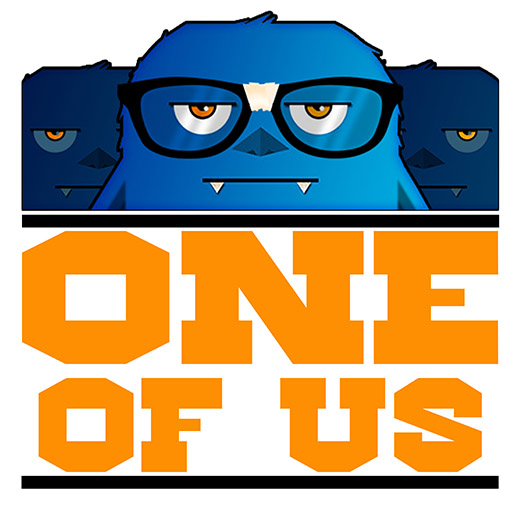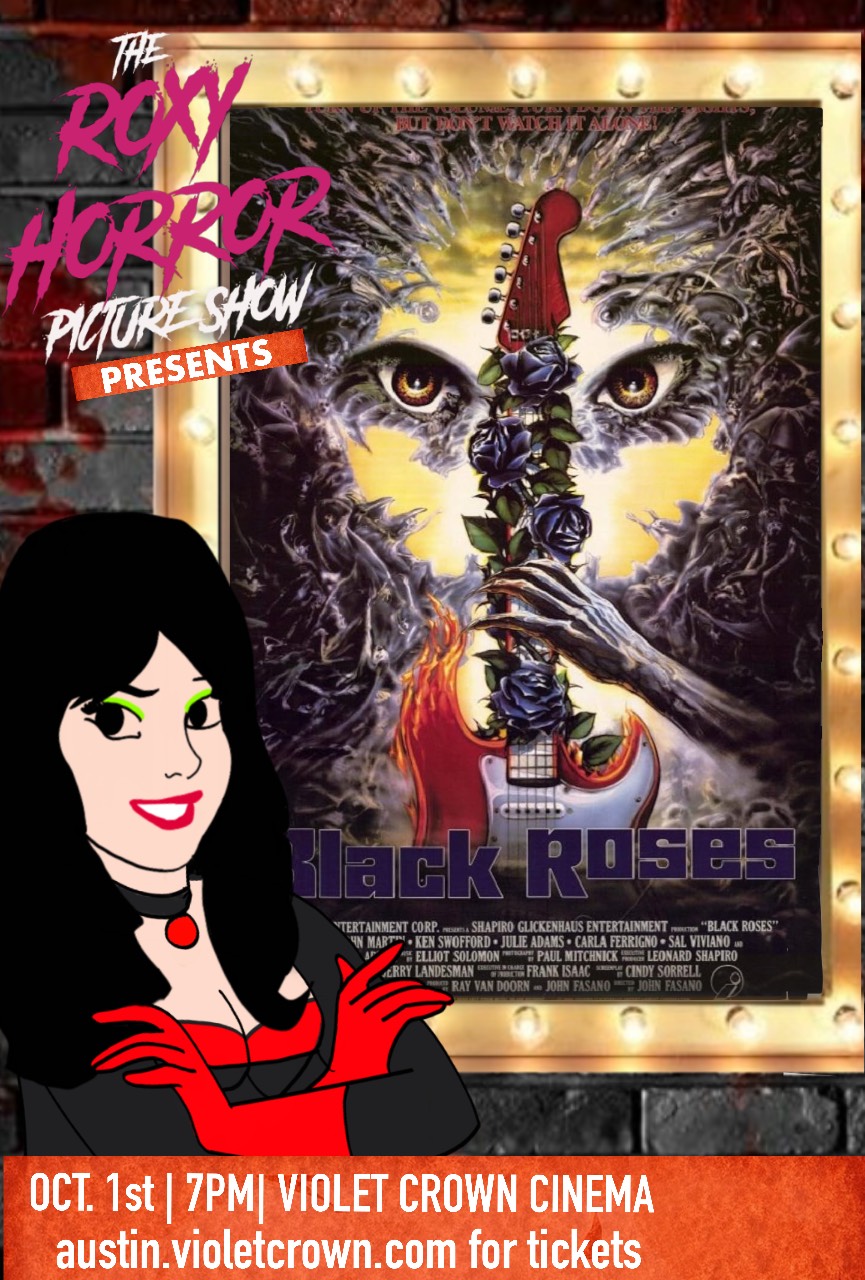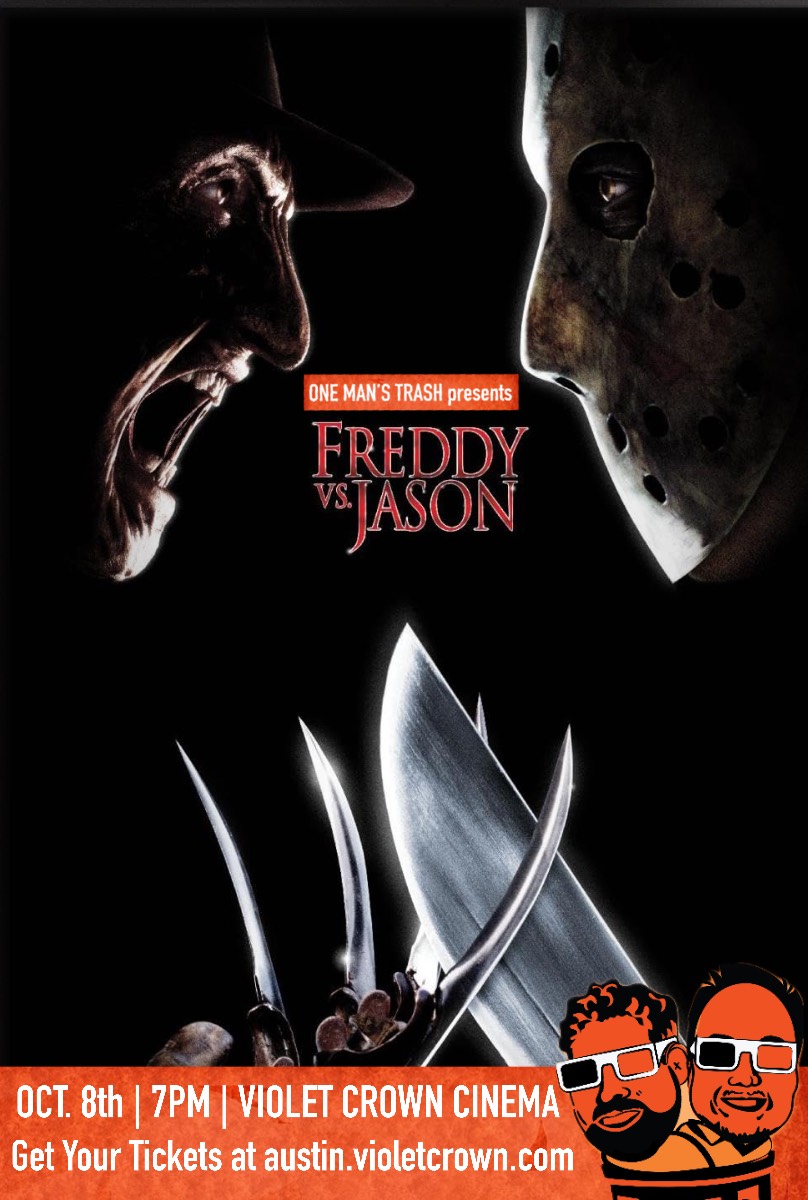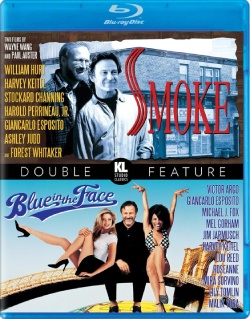Welcome back to “I’m All Out Of Love,” in which I take a pop culture subject (film series, director, actor, television show, etc) and dissect how my ‘love’ of them from early on slowly dwindled and what my current stance on them is.
On the inaugural entry of this column, I spoke to how my love for The Simpsons eventually grew to be disinterest as it petered along for a consistent 27 season run (as of yet). That consistent lumbering forward without much of a break seemed to signal a fatigue for the creative staff, especially around the the start of the new millennium, when many would argue the show started to show its signs of aging. Around that same time, another show entered the Fox animation train that sought to run alongside the longstanding titan. It shared a familiar sense of comedic timing, pop culture savvy & ability to cover taboo subjects, which gave it a devoted cult fanbase. Unfortunately, the show was cancelled before its time after only a few seasons, before being brought back from the dead thanks to a devoted following gained from reruns of the show on Adult Swim and astounding sales of the DVD season box sets… BUT ENOUGH ABOUT FUTURAMA!
All joking aside, of course I was talking about Family Guy, the cult show turned revived massive mainstream hit that follows the Rhode Island family The Griffins, consisting of dimwitted husband Peter, well meaning housewife Lois, doofus teen son Chris, under appreciated teen daughter Meg, hyper intelligent infant Stewie and acerbic talking dog Brian. Of those five main characters, three of them are voiced by series creator Seth MacFarlane. MacFarlane ended up being a prolific force in entertainment once that show had its revival in 2005, leading to him bring other animated shows into the world like American Dad & The Cleveland Show, direct/write/co-star in one of the highest grossing R-rated comedies of all time Ted and even have a small scale singing career that showcases his love of Rat Pack era swing music. Many of those products at some point or another entertained me, particularly during my teenage years. I ended up contributing to the DVD sales that brought Family Guy back… but I would eventually grow to regret my contributions as MacFarlane’s career trucked along.
The Spark
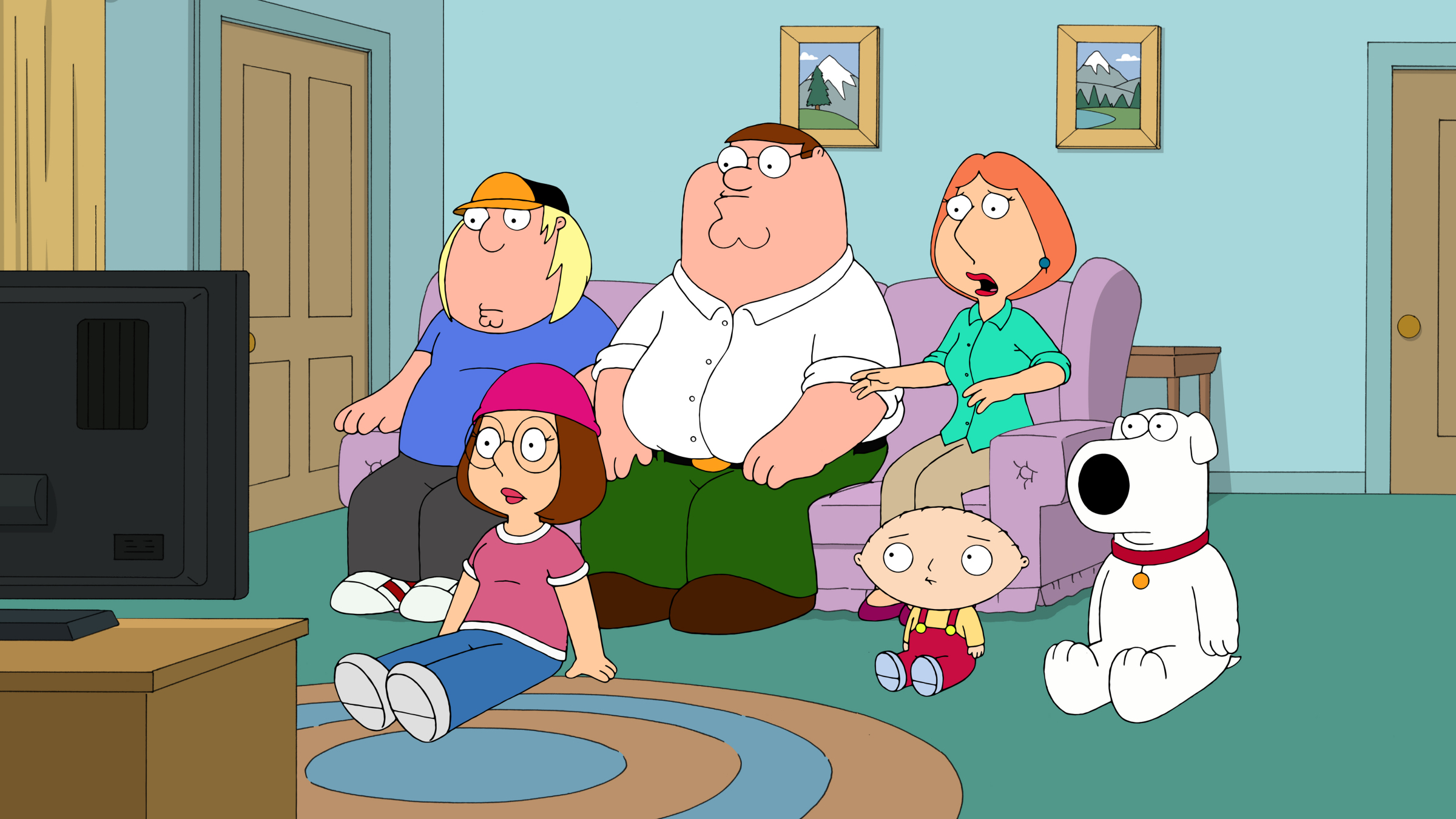
Family Guy often gets the reputation of being an overt rip off of The Simpsons, something that initially drew me to the show when I saw it was airing on Adult Swim. I hadn’t watched the show during its initial run from 1999-2003 on Fox, since that network did a fantastic job of hiding the show from any sort of audience that might be interested. Upon initially discovering it, Family Guy felt like the a slight breath of fresh air; more crude than the average episode of The Simpsons, yet not quite as satirically heavy as South Park. For a kid in his early teens, it was the perfect source of raunchy material at my level. The quick cutaways, short spurts of vulgar humor and shot-for-shot adoption of scenes from other pieces of pop culture appealed to me, with ear worm level gags that I couldn’t help but love. Many of the more frequent running jokes were quite memorable and hysterical at that age as well, whether it be the giant chicken fight, the evil monkey or Adam West being a cartoonishly senile mayor. Plus, I couldn’t help but admire MacFarlane’s craft for voice acting and impressions he displayed on the show, with a wide range from the high pitched New England accent of Peter to the British venom of Stewie.
Now, much of that may sound like backhanded compliments towards the series and MacFarlane’s work in hindsight, but it honestly isn’t. Family Guy‘s general attitude of picking from different sources and applying their influence with its own vulgar touch fits perfectly fine within the style the show firmly aimed for. Art often imitates the art that came before, sometimes to create bigger points, but also to elicit some form of parodic charm that can entertain. Family Guy rarely sought to be more than an absurdist pop culture pastiche with occasional real world snide remarks during its earlier years, aiming low enough to the coveted 18-35 demographic in a fashion that wasn’t harmful and often resulted in some creative animation. Of course, it did help that some of those earlier episodes did have a few attempts at genuine narratives in between the crass jokes. For example, the episode Brian Wallows and Peter’s Swallows managed to create two emotionally charged arcs of unconventional love for the two titular characters while evoking everything from The Music Man to Empire Strikes Back & animating a rousingly catchy original musical number to showcase that these walking joke machines were capable of genuine emotion. Even with other episodes that are definitely more joke focused, there was at least some care and craft occasionally displayed to show that these people could be human.
The Love Affair
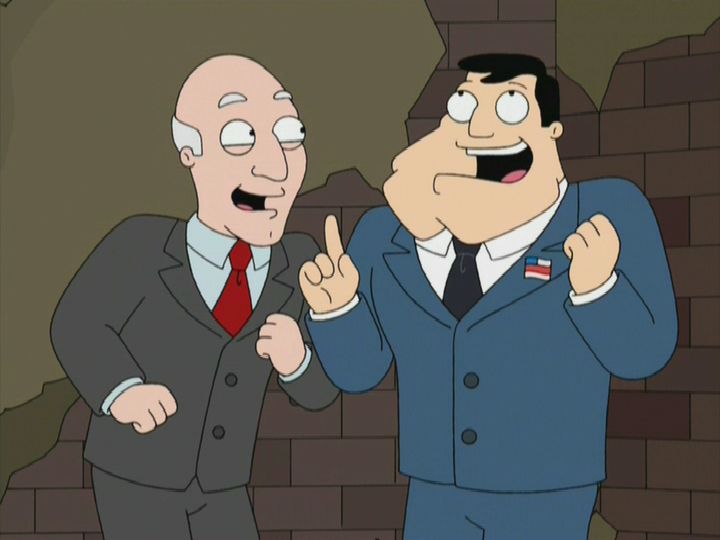
After Family Guy came back, I became more aware of MacFarlane from other projects he’d attached himself to. American Dad, while presenting a similar family dynamic of both Guy and The Simpsons that replaced the dog & baby with a German goldfish & an alcoholic alien, managed to breath some new life into the familiar formula by satirically jabbing at post-9/11 fear mongering in a fashion that gave that dynamic a then-modern context and more of a desire to develop story than MacFarlane’s more popular series by losing the cut away gags & focusing more on genuine character humor. Sure, there were diversions occasionally (the weird recurring “Golden Turd” storyline certainly served as a far too frequent tangent for the show), but the characters kept this diverse confrontation of ideals from Stan’s conservatively bent protective nature to Haley’s pridefully anarchistic liberalism that gave the show far more satiric punch than much of what Family Guy did. It even managed to take rather bizarre chances in its universe that still fit, whether they be a massive shoot out with Santa or going on a National Treasure style hunt based on clues left behind by George Washington Carver. Plus, MacFarlane’s voices for Stan & Roger are far more distinctive & diverse than Brian, Stewie or Quagmire, yet allow more room for the other regular voice actors to show off their dynamic skills, with a series highlight being Sir Patrick Stewart as the bombastically bizarre CIA head Avery Bullock.
Seth MacFarlane’s non-animated turns also showcased a eagerness to take risks that no one would’ve initially expected. His swing music album Music Is Better Than Words showed a vocal confidence that made him worthy of covering standards that Rat Pack icons like Frank Sinatra and Dean Martin famously crooned. MacFarlane obviously had a soft spot for the genre based on how many of Family Guy‘s musical moments were based on that big band style, but it takes a genuine amount of talent to boisterously bout those numbers with a voice as booming as MacFarlane’s. His cinematic directorial debut with Ted gave credence to the idea that he could manage to craft a feature length story that supported the characters who dished out his usual referential vulgarities. Some of the jokes did veer into Family Guy style diversions, but Mark Wahlberg character’s inability to separate himself from his childhood in the physical form of his sentient foul mouthed teddy bear serves as a surprisingly apt metaphor for his unwillingness to take responsibility in his relationship with Mila Kunis that keeps the jokes on a solid tether of a story arc. Hell, even MacFarlane’s divisive turn as the host of the 85th Academy Awards showed off how non-fazed he could be at savagely taking down the Hollywood elite at their own big gala while at the same time being self aware enough to not pull punches on his own common flaws as a comedic voice. So, MacFarlane was willing to get out of his comfort zone multiple times in order to experiment in ways that really paid off… but that wouldn’t stop him from repeating the same mistakes elsewhere.
Nothing Lasts Forever
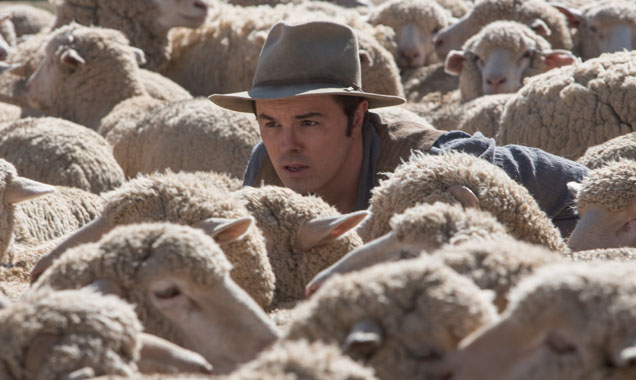
So, many a complaint has been hurled at Family Guy since its return to television in 2005; the over reliance on cut away gags, the rampant preachy nature of its left leaning politics, the controversial jokes that stepped far over any acceptable lines of good taste, etc. While all those problems are rampant on the show, they all stem from a larger problem that serves as an umbrella issue inherent in much of his work; it seems like the longer a MacFarlane project goes on, the more cynically one note it becomes. MacFarlane’s humor has always had a bitting edge to it, skewering many and any target he deems fit, which is an appropriate impulse to have with comedy. However, in later seasons of Family Guy that attitude often is displayed through a lens of mean spirited jokes that never vary enough to warrant a respectable laugh for me. The Brian and Meg characters are perfect examples of the double sided nature of this style, with Brian representing the adamant liberal view point wagging its fingers at the audience that often drags the fast paced humor of an episode to a grinding halt while Meg serves exclusively as a punching bag for which the other characters can hurl insults that are merely meant to hurt rather than wound with cause at. It’s not that cruelty or making a point can’t be done in comedy, but it takes a certain amount of tact and intriguing characters to pull that off in a way that isn’t grating. Trouble is, Family Guy in its modern years has grown far less interested in progressing its characters, so that lack of any development only ends up hurting the show’s ability to pull off those jokes in a way it should earn. Probably one of the more damning recent examples of this was the Not All Dogs Go To Heaven episode, which does a horrendous job of attempting to “develop” Meg as a character by turning her into one part of a book burning mob of Christians in Quahog that finally bonds with Brian once she embraces his more understanding Atheist nature by the end of the episode. All this leads to those more obvious problems that just made me fall off Family Guy in general.
That major problem eventually bled over into some of his other production. From its start, The Cleveland Show felt like a similar exercise in hating its characters and relying on lazy politically charged humor, this time being more racially charged in a fashion that spoke to little of the actual potential for that topic and just felt like Family Guy with vaguely different characters. Cinematically, MacFarlane’s sophomore effort A Million Ways to Die In the West ended up feeling far more like an extended Family Guy episode than Ted, relying on endless amounts of cynical bitterness and crass humor to make up for any consistency in character or effective use of a cast as diverse as Liam Neeson, Neil Patrick Harris, Charlize Theron & several others. It also feeds into much of the problems with MacFarlane’s love for overly long gags that dragged the film to its near two hour length, including an extended sequence that amounts to Neil Patrick Harris literally defecating into a hat. None of this is helped by MacFarlane’s first attempt at being a live action lead, which basically amounts to himself whining about being being born in a time of persecution of those who are intelligent. It reeked of self aggrandizing prattling on that ultimately ruins any sort of investment in the character, especially when it leads to him having a relationship with Charlize Theron. All of this showed that Seth doesn’t seem interested in genuine humor as much as painting himself as the smartest man in a room full of idiots. Boo hoo, Seth. Even his projects I enjoyed grew stale, with American Dad‘s premise losing sight of its satiric premise in favor of over bloated wacky antics and his sophomore musical effort being a cheap Christmas album.
Final Thoughts
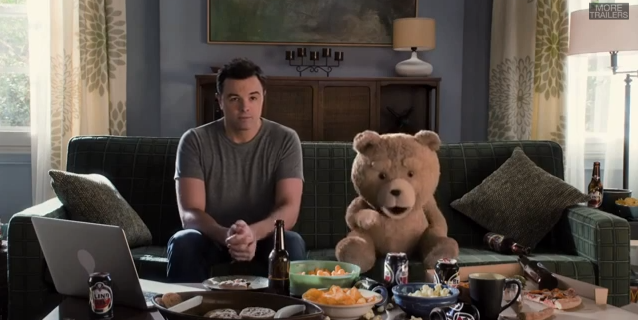
Thinking about it, the huge issue with Seth MacFarlane’s comedic evolution is simply this; he’s a bully who thinks he’s being bullied. His comedic style has become far less about commenting on the ignorance of society and more placing himself as one persecuted by the ignorance of that society. The characters of Family Guy are no longer parodies of idiotic thinking, but assholes that kick around those who they find inferior in some manner. My initial attraction to his style of humor was for more of that raunchy edginess, but as time as gone on that edginess ended up becoming far more resentful which worked far for me as a teenager than it does to my present day self. There’s nothing wrong with cynicism of sorts in comedy, but after so much antagonistic sniping without any sort of developed satire or characters it all ends up being far more of a bummer than it is hilarity. Perhaps that ended up affecting other audiences, given the cancellation of The Cleveland Show and his attempted live action sitcom Dads as well as Ted 2‘s disappointing box office results… though a bunch of genetically engineered dinosaurs may have had something to do with the latter.
I admittedly haven’t seen Ted 2, but much of my apprehension towards it had to do with a lack of interest in seeing MacFarlane retread old territory. Much of his work as of late feels like it lacks an adventurous desire to do something different, which is what got me interested in his variety of works a decade ago. Now he seems content to coast on the typical stuff that’s been working for him instead of branching out. I don’t want to completely count MacFarlane out as a potential talent, though. Contrary to what South Park would have us believe, MacFarlane himself isn’t merely a docile manatee putting random balls into a shoot in order to come up with random cut away gags. His comments in interviews display that either he has a very convincing human suit or he has the charisma & wit capable of being entertaining. Plus, he’s done plenty of good in bringing more meaningful media to mainstream audiences. Without MacFarlane’s influence, Neil DeGrasse Tyson’s enthralling and educational revival of Cosmos wouldn’t have aired on Fox, a channel with news programming dedicating to ignoring many of the facts displayed within it. Unfortunately, it seems like the massive success following the revival of his once cult hit animated series has gone to MacFarlane’s head. Let’s at least hope his powerful influence as a producer can get another talented creator a chance to show off his skills.
… Dammit. Maybe the manatee theory wasn’t too far off base. I’m sorry I doubted you, Matt & Trey!


